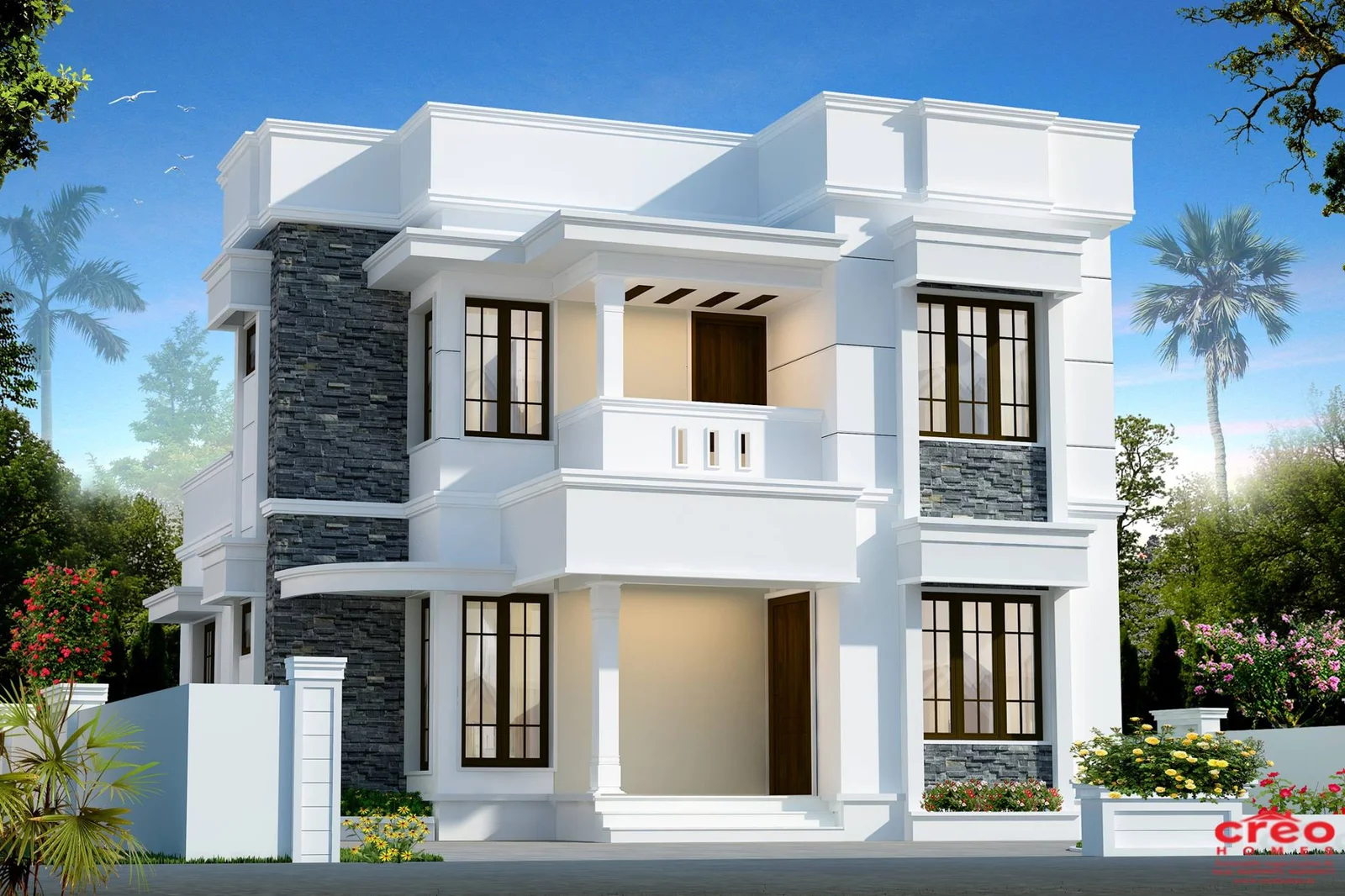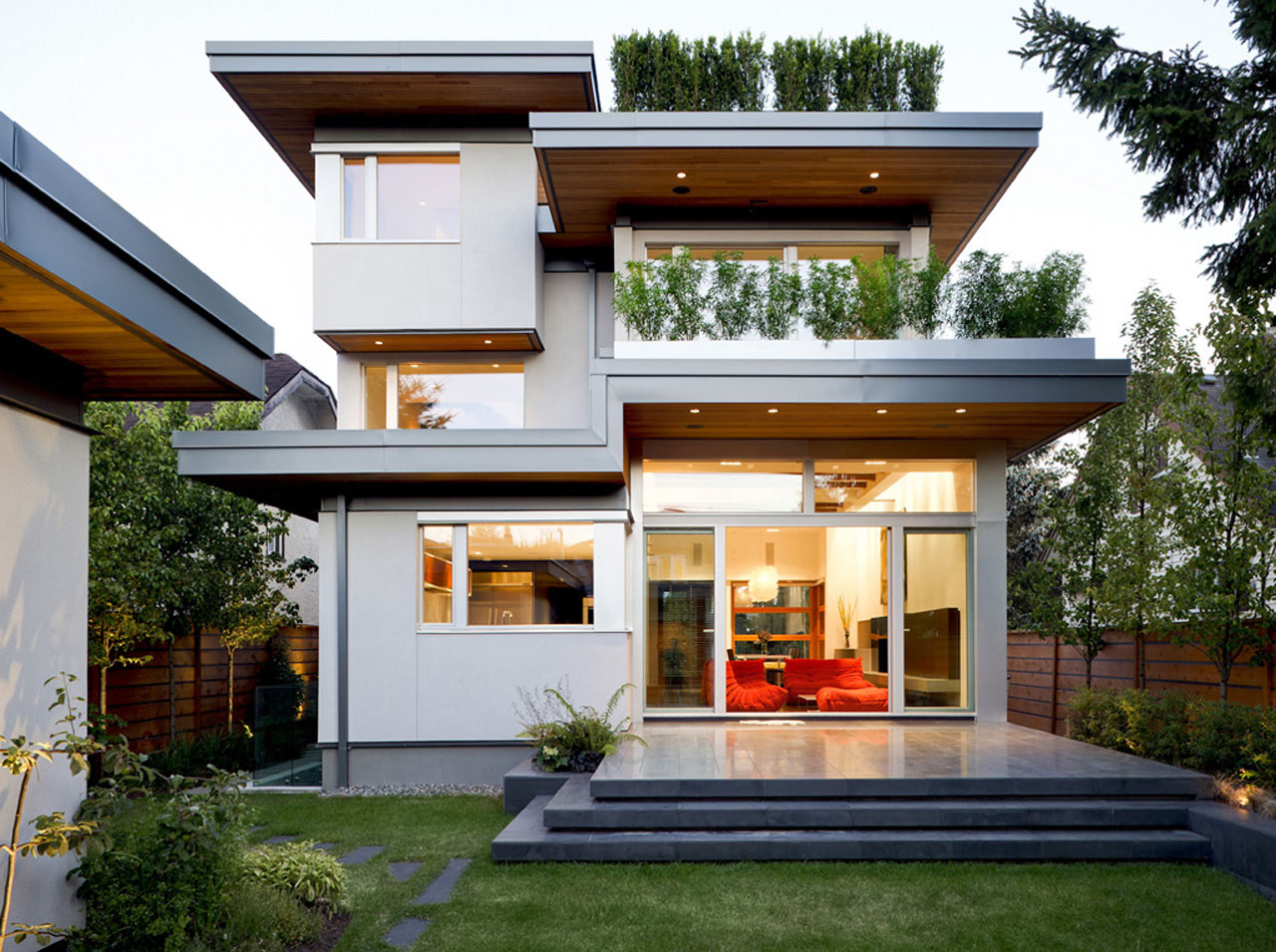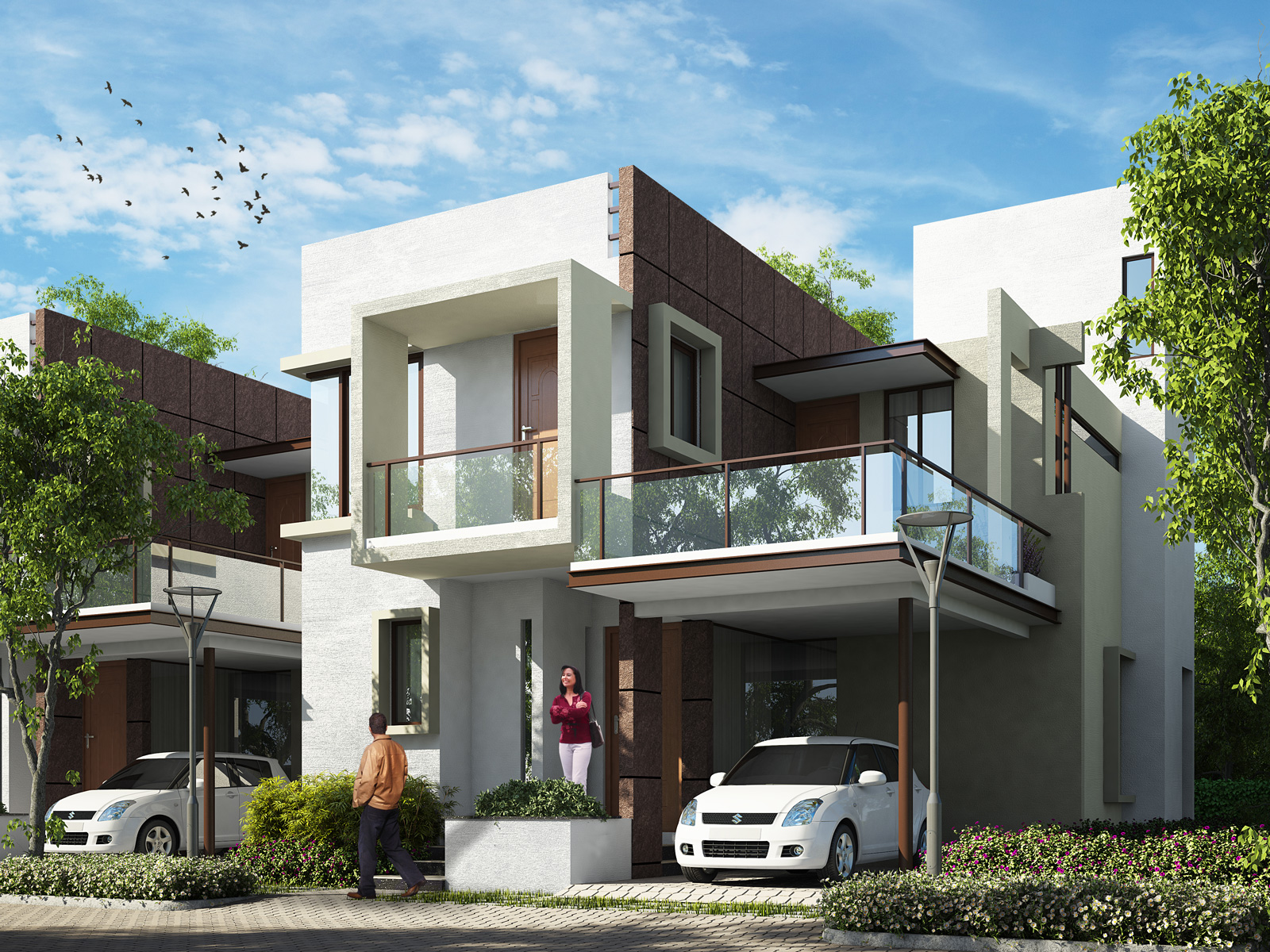
The Importance of Home Design

Home design plays a crucial role in creating a comfortable and functional living space. It is not just about aesthetics but also about maximizing the potential of your home. A well-designed home can enhance your quality of life and reflect your personal style. Whether you are building a new house or renovating your existing one, paying attention to home design is essential.
Creating a Functional Layout
.jpg)
One of the primary goals of home design is to create a functional layout. This means arranging rooms and spaces in a way that maximizes their usability. Consider the flow of movement, natural lighting, and accessibility when planning the layout. A functional design ensures that your home is easy to navigate and promotes efficient use of space.
Optimizing Natural Lighting

Natural lighting can greatly enhance the ambiance of your home. It not only reduces the need for artificial lighting but also has various health benefits. When designing your home, consider incorporating large windows, skylights, or light tunnels to allow ample natural light to enter. This creates a bright and welcoming atmosphere while reducing energy consumption.
Choosing the Right Colors

Colors have a significant impact on the overall feel and mood of a space. When selecting colors for your home, consider the purpose of each room. For example, calming and neutral tones work well in bedrooms, while vibrant colors can add energy to living areas. Experiment with different color palettes to create a harmonious and visually appealing environment.
Integrating Indoor and Outdoor Spaces
.jpg)
Connecting indoor and outdoor spaces seamlessly can expand your living area and create a sense of openness. Design elements like large sliding doors, outdoor seating areas, or balconies can blur the boundaries between indoor and outdoor spaces. This not only adds value to your home but also allows you to enjoy the surrounding environment.
Considering Storage Solutions

Effective storage solutions are essential for maintaining an organized and clutter-free home. When planning your home design, think about incorporating built-in storage options such as cabinets, shelves, and closets. Utilize underutilized spaces like staircases or alcoves to maximize storage capacity. A well-designed storage system helps keep your home tidy and enhances its functionality.
Creating a Personal Retreat

Your home should be a sanctuary where you can relax and unwind. Design your space with comfort in mind by incorporating cozy seating, soft textures, and soothing colors. Consider creating a designated area for relaxation, such as a reading nook or a meditation corner. Personalizing your home design allows you to create a retreat tailored to your needs.
Embracing Sustainable Design

In today's world, sustainability is a crucial aspect of home design. By incorporating eco-friendly materials, energy-efficient appliances, and renewable energy sources, you can reduce your environmental impact. Consider features like solar panels, rainwater harvesting systems, and efficient insulation to make your home more sustainable. Sustainable design not only benefits the planet but also saves you money on utility bills.
Enhancing Curb Appeal
.jpg)
Curb appeal is essential for creating a positive first impression of your home. Pay attention to the exterior design by choosing an appealing color scheme, landscaping the front yard, and maintaining a well-kept facade. Adding unique architectural elements or a welcoming entrance can further enhance the curb appeal of your home.
Conclusion
Home design is more than just aesthetics; it is about creating a space that reflects your personality and enhances your lifestyle. By considering factors such as functionality, natural lighting, colors, and sustainability, you can create a home that is both beautiful and practical. Invest time and effort in designing your home, and you will reap the rewards of a comfortable and inviting living environment.